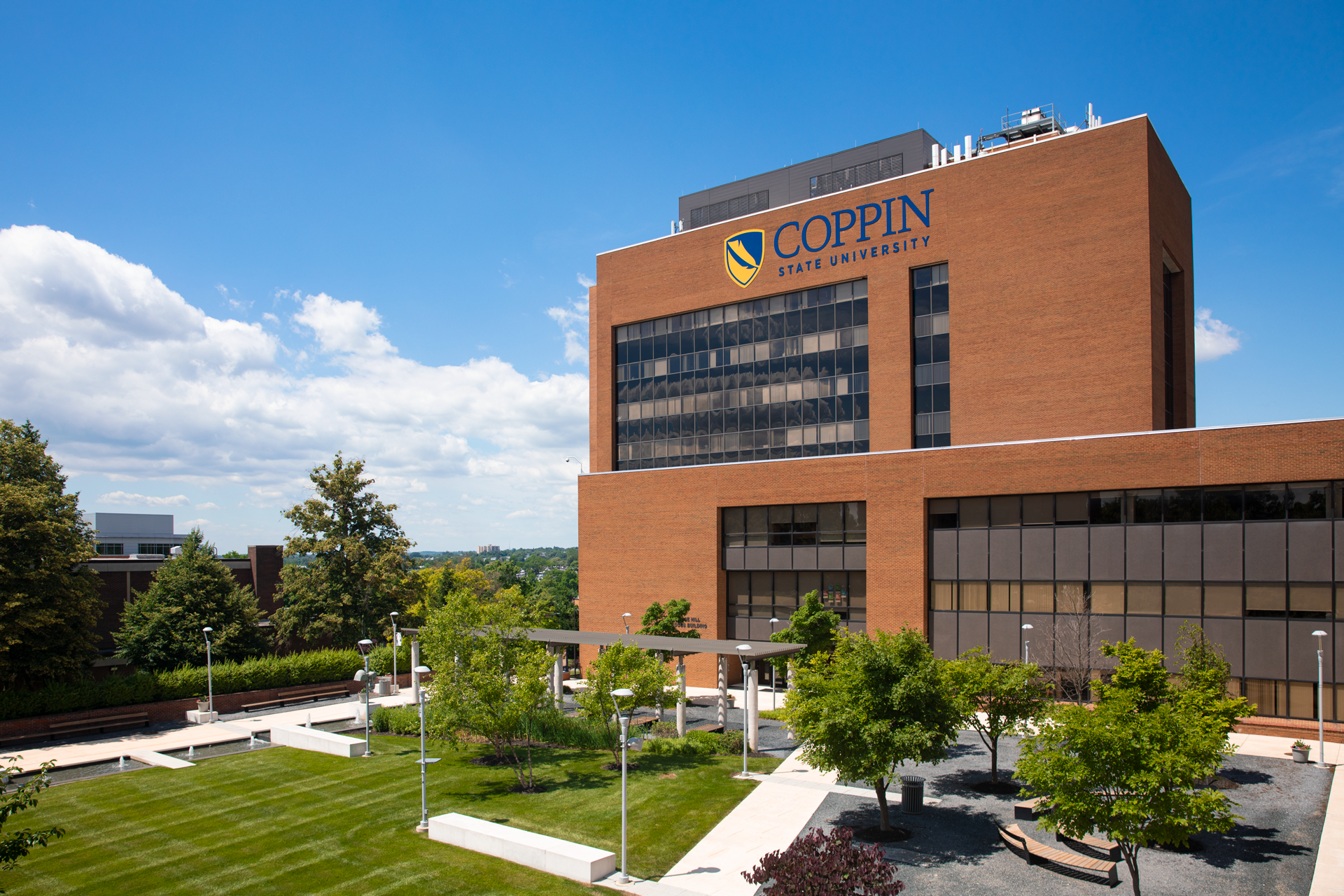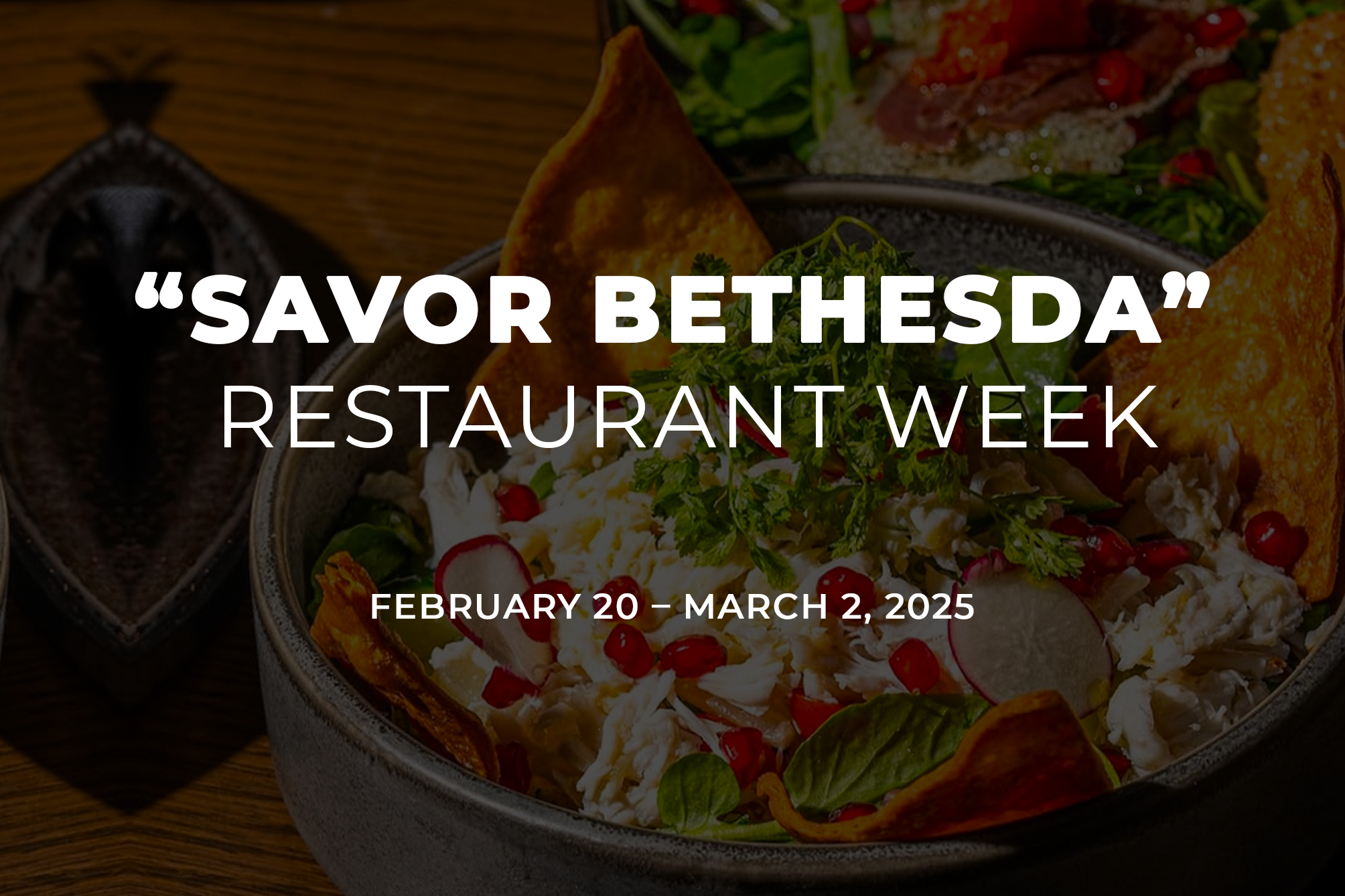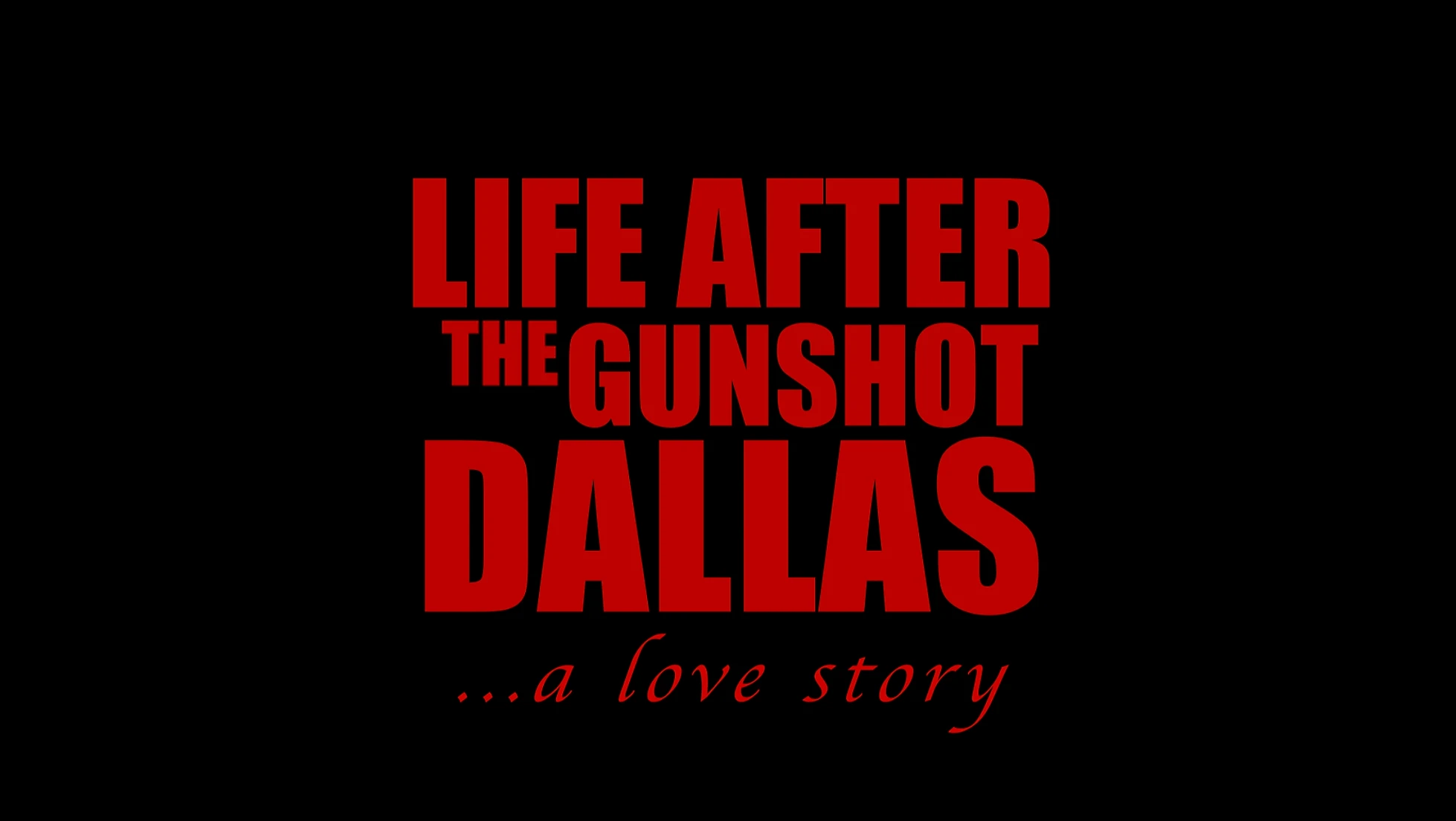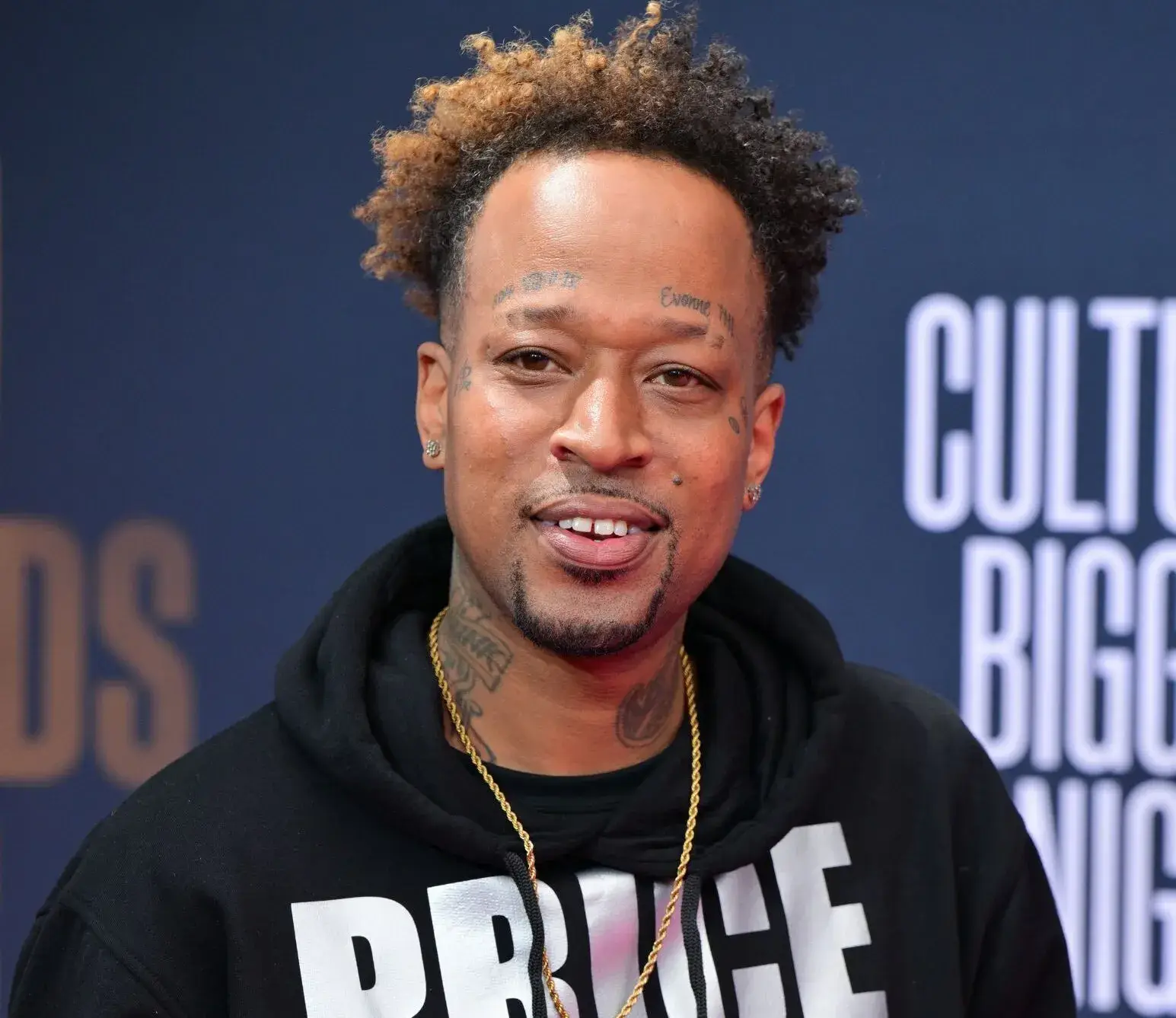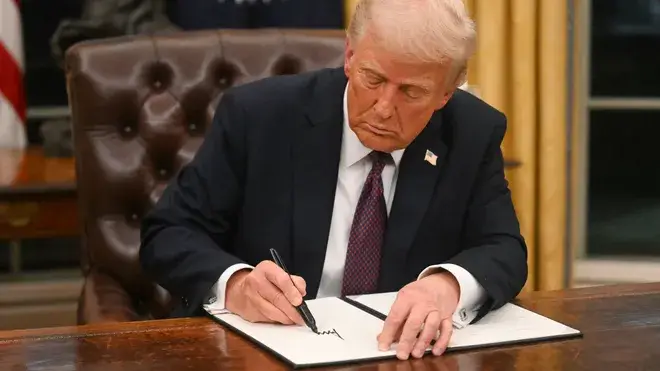
The Double R3 Show Interviews: Albert Bell
Richard Schertzer of ‘The Double R3 Show’ was able to sit down with Albert Bell, who is a mental health advocate.
Richard: So I just wanted to go over quickly, like, you’re in the field of mental health. Correct?
Albert: Correct, yes.
Richard: Okay so what is it that you do, specifically?
Albert: So I would say more as an advocate. Just really spreading awareness, letting people know différent signs, symptoms and just helping people provide the right resources to seek help.
Richard: Okay, so this might be personal but what are some cases you’ve seen for mental health?
Albert: Cases? I’ve seen, first hand, prior to my grandmother’s passing–she went through a lot of depression and a lot of loneliness and a lot of separation– and just, on the daily, I know friends who have speaking problems, who turned to alcoholism. So it affects everybody differently in a sense, but I think that that’s the biggest thing. It’s noticing it every day because we might see it every day but not understand, you know, what actually might be going on.
Richard: So do you think that pharmaceutical, artificial drugs help or hurt people with mental health?
Albert: I think it’s différent for everybody and that was the reason that I dove into this mental health thing because I think some people respond well to certain SSRI’s, you know, différent drugs because they really might use with use, but then some people might rather go through a différent route of maybe just therapy because somebody might be going through anxiety or depression because they can’t walk, or they’re in pain. So you might just have to put them on the right physical therapy. Then you got somebody that, you know, might want to deal with a natural supplement or go through a holistic doctor to try and seek help rather than taking pharmaceutical drugs. I think it’s différent avenues you can go through as far as treating a problem.
Richard: Okay, okay, so how long have you been working in this mental health industry?
Albert: So, working in the industry, I wouldn’t say that I’m really in the industry. I’m just more so as an advocate, but I’ve been very passionate about health for the last, maybe two years now.
Richard: Ok, so why did you want to get into this because of, after your grandmother’s passing?
Albert: I would say prior to that, I always wanted to help people, you know. I actually have– this guy told me “I will create the change and empower the youth”. I thought it was my calling in life and seeing, like, a lot of teens, go through suicide and, you know, reading articles and it just kind of hurts me. You know, I just want to help as much as possible. So, that’s why I kind of dove in, you know, did my research. I’ve been reaching out to the PG County Crisis Units. We have a big event, actually, coming up September 12th and just trying to do as much as I can. I don’t really have a brand or I’m not selling anything. I’m just out here trying to provide resources. Doing my research. Connecting différent people with the right help they need.
Richard: And you do this full-time?
Albert: So, part-time.
Richard: Oh part-time. Okay, is there anything else you want to say about, on behalf of mental health patients as an advocate?
Albert: Absolutely, I want to say that if you’re going through mental health or you don’t know what’s wrong, I would say try to talk to somebody, understand that it’s okay not to be okay, but it’s not okay to stay not okay. Just try to take that first step to get help and if you’re anybody that, or know somebody that is going through mental health, you know, you’re the most important person in their lives because you’re going to determine their will to fight, their will to want to get better and encourage them and then also don’t downplay it. Let’s say if somebody comes to talk to you or they feel as though they’re going through depression or anything, actually, be sincere because it is serious and I think, I just want to speak for the people that can’t speak for themselves. I see a lot of my friends, they’re traveling to Cabo going on vacation, thinking, ‘outside is open everyone’s going outside,’ but there are certain people on the inside because they’re not feeling well, or they lost a loved one due to COVID, whatever the case may be. I just want to speak for those people that are lonely and want help. I just encourage everybody to try and get better. I’m really putting together a lot. I know September 12th I said it. I’ll say it again. The event that I’m doing is a free community event. It’s going to be in Bowie and we’re going to have a lot of resources for the mental health community.
Richard: Okay. So do you have a Twitter so people can follow you?
Albert: No Twitter, but I do have an Instagram. That’s going to be @alforpublic and as I said, if you have any questions, you can email me also at [email protected] and as I said, I want you to know that there’s no magic pill that can fix anybody but you have hypnotherapy, you have actual therapy, you can supplement, you might have a vitamin deficiency. So there’s a lot of reasons why sometimes people go through what they go through. Also, you have to understand your gut, you know, it’s your second brain, so you might need probiotics, so it’s just a lot and I know a lot of people that I’ve been in connection with that can possibly treat and/or help people. So that’s just my gut, man. Give back, help as much as possible, and be an advocate.



